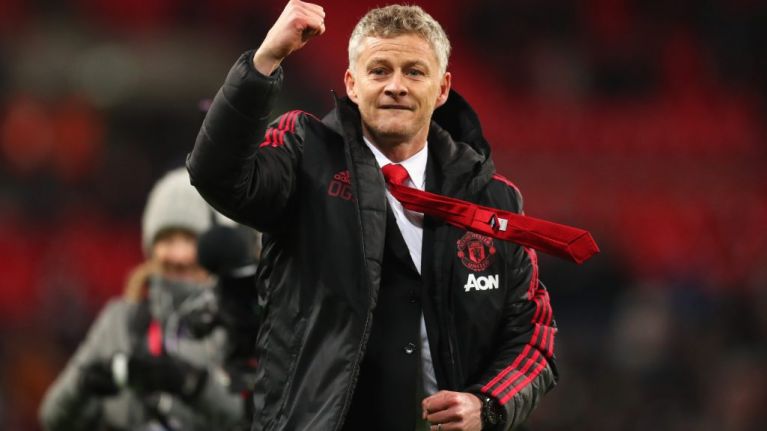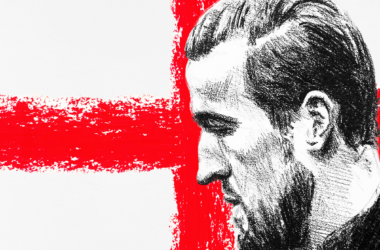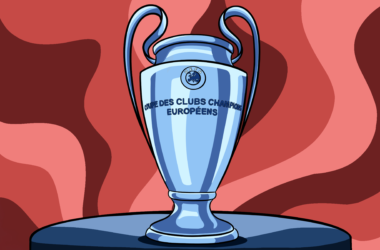“Three years of excuses and it’s still crap,” read the banner that one sullen fan unfurled in the Old Trafford stands. It was December 1989, and Sir Alex Ferguson was at a career low, with Manchester United supporters and the media alike calling for his dismissal. Little did the naysayers know, Ferguson’s tenure would continue for another 23 years as he would shrug off his early trials to lead the club to 38 trophies over his next two decades in charge.
Since Ferguson’s retirement in 2013, his successors at the Manchester soccer club have struggled to live up to his long-term success. Four managers in as many years have followed, with fans quick to pin the blame for poor results on those in charge. But the story of Ferguson’s early struggles suggests that new managers are being unfairly scapegoated by the club’s supporters.
In soccer, coaches enjoy their own following among fans as they move from club to club. Data indicate that management tenures in soccer are shorter than other major sports by nearly a fifth, as both fans and club executives tend to place much of the blame on coaches for their team’s poor performance.
Much of the research on the subject, however, suggests that firing managers is not the solution for struggling clubs. A recent analysis by The Economist showed that even the most overachieving managers struggled to sustain performance after switching clubs. While noting exceptions to the rule, such as Jurgen Klopp and Diego Simeone, their findings suggest that most coaches do not to increase their teams’ expected point totals by more than one or two. In comparison, the addition of a standout player can bring about a near double-digit point difference. Studies of recent seasons in France’s Ligue 1 have similarly shown that the arrivals of new managers do not correlate with significant increases in season point totals. And, in what will perhaps be the most shocking revelation to armchair critics, research on the Eredivisie, the top-tier soccer league in the Netherlands, suggests that mid-season firings do not bring about lasting improvements in performance. There is evidence to support a honeymoon phase, however, during which time players are motivated to impress the new boss.
Luckily for Manchester United fans, a new era may well be on the horizon. The appointment of Ole Gunnar Solskjær, a longtime player under Ferguson, as manager last December quickly brought the club 14 wins from their subsequent 19 games. After years of focus on defence under José Mourinho and Louis van Gaal, a return to the attacking style reminiscent of the “Busby Babes” has reinvigorated the club’s players and supporters. The signings of Dan James, Aaron Wan-Bissaka, and Harry Maguire suggest that the club has returned to its philosophy of developing young British players, and their exciting early performances are even more encouraging with all three being nominated for August’s Player of the Month award.
Fans still seem to be supporting Solskjær for now. The stands rang with choruses of “Ole’s at the wheel / Tell me how good does it feel?” after Manchester United knocked Paris Saint-Germain out of the Champions League in March 2019. Things could still go awry, but with the culture changing and the doom-and-gloom sentiments done away with, United fans’ good feelings may just be warranted for the seasons to come.









